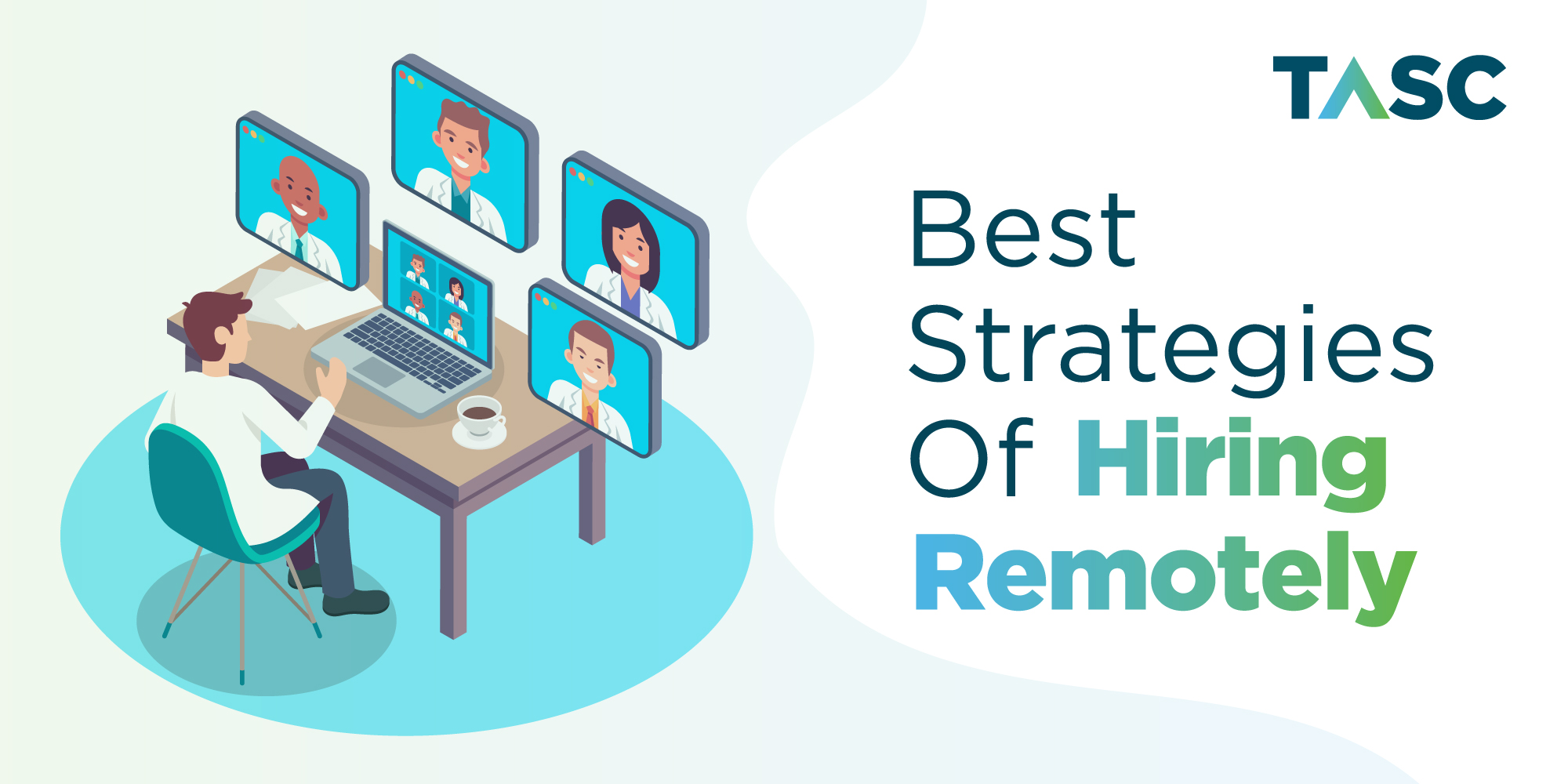2025 Hiring Trends: What Every Recruiter Needs to Know
If you’re rethinking your hiring plans or workforce strategy for 2025, you’re not alone. Knowing what’s happening in the hiring world can make all the difference.
In 2024, the tables turned a bit—employers had the edge, and people were more likely to stay put in their jobs. Great for retention, right?
But here’s the catch—it’s not as solid as it looks. Research says employees are staying, but just barely. Their reasons are fragile, and if you’re not keeping up with the latest hiring trends, you could be caught off guard.
AI was everywhere in 2024, and everyone jumped on the skills-first hiring train. But this year, it’s about taking action and doing it smart.
So, what’s driving hiring in 2025? Let’s break the future of recruitment down and see what’s ahead –
Trend #1 – Recruiters will use AI more cautiously.
AI has been the talk of the town for a while now. It promises to make hiring easier, faster, and more efficient. But here’s the catch—AI isn’t the magical solution some people were expecting. Sure, it can handle repetitive tasks like sorting resumes or scheduling interviews, but it still falls short when it comes to more complex parts of the hiring process, like reading between the lines or spotting hidden talent.
While hiring professionals say they’ll use more AI in 2025, a lot of them are also getting cautious. Many of them worry that too much AI could make the recruitment process feel robotic and impersonal, missing out on those really great candidates. Plus, there’s the risk of biased algorithms, where AI might unintentionally favour certain groups over others.
So, while AI isn’t perfect, if companies use it the right way, it can still make the hiring process smoother and more efficient—especially when it comes to enhancing the candidate experience.
Trend #2 – Recruiters will double down on skills-based hiring.
One of the highlights of marketing recruitment trends2025 is all about hiring for skills, not just titles.
While the idea of skills-based hiring was already floating around in 2024, companies are now doubling down on it.
Many are still figuring out how to apply this method, but there’s a clear shift toward focusing on the skills that will make the biggest impact. More companies are saying that finding the right skills is their biggest hiring challenge.
But here's the tricky part: what exactly are "critical skills"? It’s not just about tech abilities—it’s about the talents that help companies evolve, grow, and innovate. If you’re hiring for skills, the key is to pinpoint the roles that will make the biggest difference in your business, and then figure out what skills are needed for those roles.
Trend #3 – L&D will become a core focus to retain employees.
Learning and development (L&D) is finally getting the attention it deserves. Gone are the days when it was just a checkbox on the to-do list.
In 2025, companies are realizing that L&D is essential to keeping the best talent and helping them grow within the company. Employees tend to stay with a company longer if they have opportunities for career advancement and upskilling—even if they aren’t thrilled about their current role.
But offering the same old training programs isn’t going to cut it anymore. Companies need to get creative with their L&D strategies. This is where virtual reality, gamified training, and microlearning come into play, helping employees develop the skills they need to grow and evolve with the company.
Trend #4 – EVP should be backed by real actions.
Let’s talk about your company’s EVP (Employee Value Proposition).
In 2025, it’s no longer enough to just make flashy promises in your job postings.
Candidates are smarter than ever, and they can see through companies that talk the talk but don’t walk the walk. That’s why your EVP (Employee Value Proposition) has to be real, consistent and backed up by actual actions.
Many HR recruiters believe that integrating cultural values into the EVP will be key to attracting talent. If your company culture is all about innovation and growth, make sure that’s reflected in every aspect of the employee experience.
A strong culture can attract top talent, but if it’s not practised on the inside, it can lead to higher turnover rates.
Trend #5 – Recruiters will engage more passive talent.
When it comes to hiring, recruiters don’t just look for candidates who are actively looking for a job. There’s a huge pool of passive talent out there—people who are not actively job-hunting but could be open to new opportunities if the right one comes along.
Hiring experts believe that engaging passive candidates will be one of the most important skills in the next few years.
These passive candidates represent a goldmine for companies. And if you or your marketing recruitment agency is not paying attention to it, you’ll be at a loss.
Therefore, keeping an eye on this pool and engaging with passive talent will be key to filling your future job openings with the best candidates in 2025.
Trend #6 – Hybrid 360: Flexibility for the Win
The days of rigid office schedules are over. In 2025, it’s all about flexibility—both in where employees work and how they work.
This is the era of Hybrid 360, a trend that’s gaining steam. It’s not just about giving your team the option to work remotely; it’s about offering flexibility in work hours, benefits, and more.
Companies that stick to traditional ways of working will find it harder to keep up. Employees are demanding more control over their schedules, and those who offer this flexibility will be the ones that attract and retain talent. If your company can adapt to this new way of working, you’ll be ahead of the game.
Looking Ahead: What Does the Future Hold?
As we look forward to 2025, one thing is certain: skills will be the key factor shaping hiring strategies. Whether it's businesses looking to enhance their workforce or individuals eager to develop, skills will be the backbone of recruitment.
For recruiters, it’s time to get comfortable discussing skills with confidence at every stage of the hiring process. Candidates today are savvy—they want to know how they’ll grow in the role and what new skills they’ll acquire along the way.
While salary and benefits will still weigh heavily in the decision-making process, companies that offer a compelling skills development strategy will have the upper hand. With a strong focus on skills, employers can negotiate better terms and attract candidates who are truly invested in their growth.





